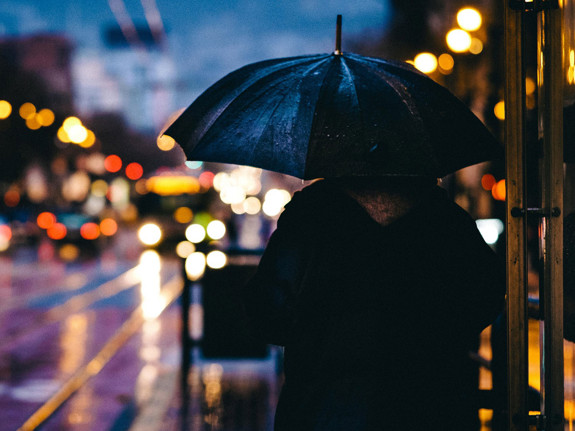
Mental health advice and psychosocial support
Mental health advice and psychosocial support
When the world feels incomprehensible or if you find yourself in a personal crisis, there are tools and advice from experts that can help you feel better - here on the webhub for mental health.
Anxiety caused by acts of violence or conflict
Acts of violence in Sweden and the escalation of conflicts in the world, may cause increased anxiety in yourself, someone close to you or people in your surroundings.
Learn more about how you can take care of yourself and how you can be a support for people around you: How to reduce worry.
How we give psychosocial support
The largest part of mental issues are not linked to mental diseases but to life experiences and social problems. It can be loneliness, unequal living conditions, financial worries, alienation or worries about the future.
We have more than 20,000 volunteers who give psychosocial support and prevent mental issues - both in everyday life and during crisis. Together we make a difference.
